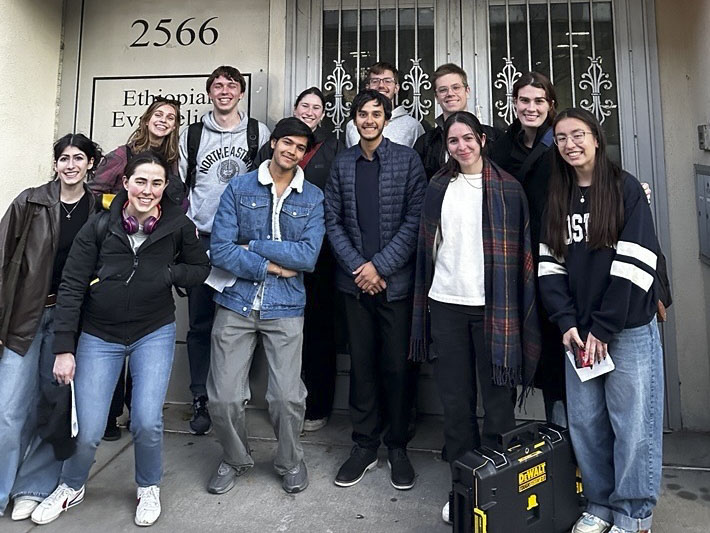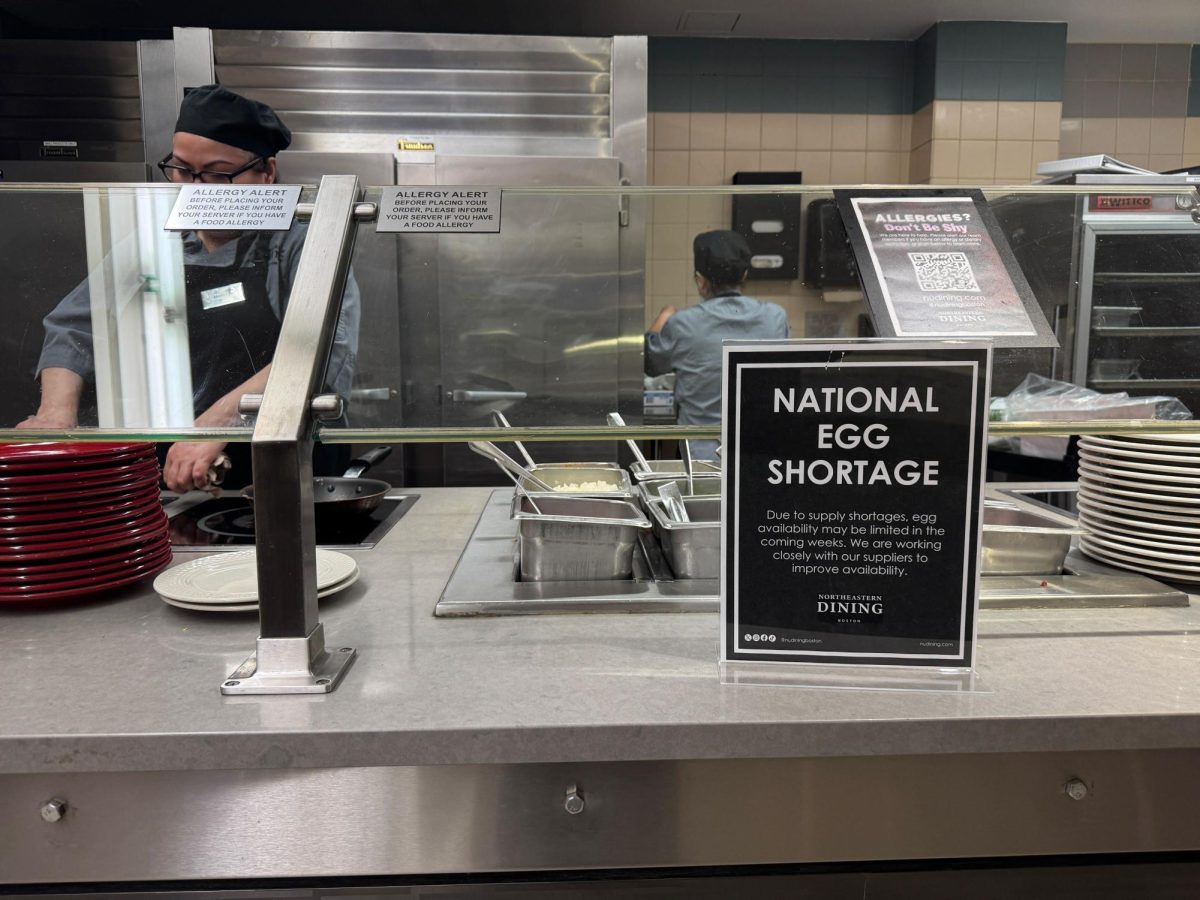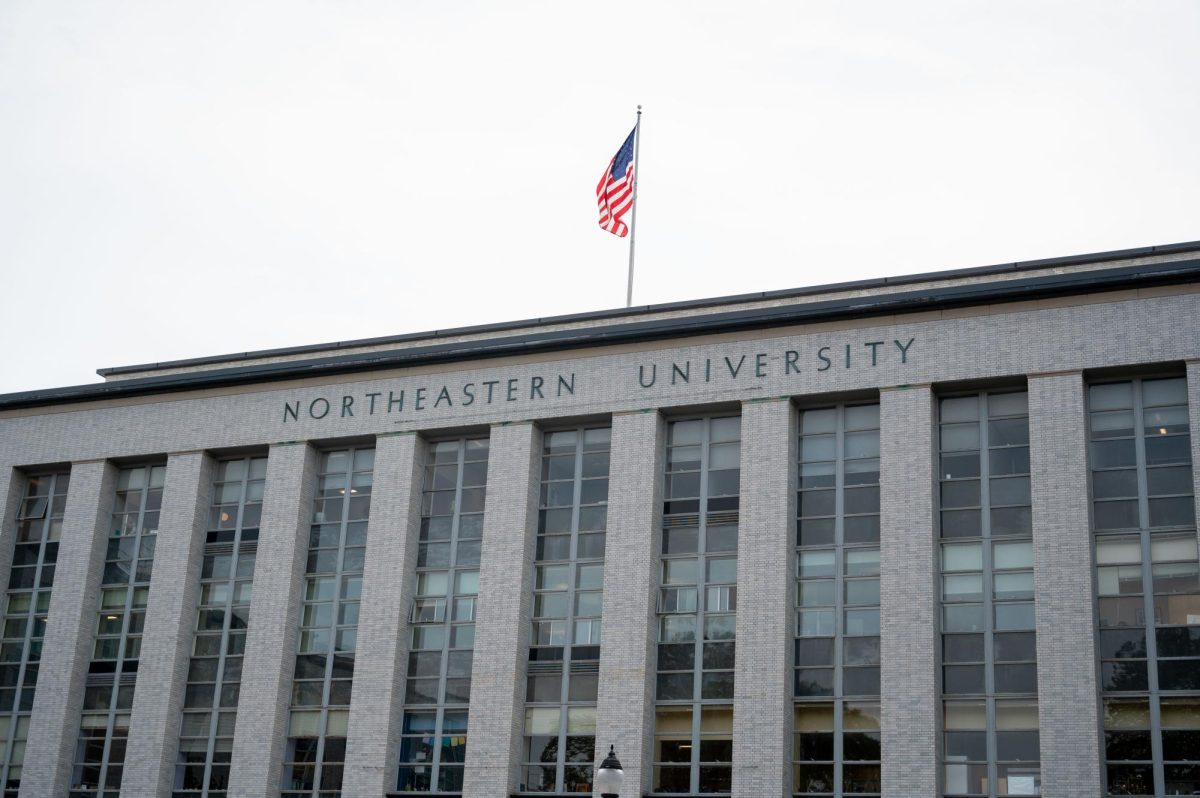There are certain dangers almost everyone was taught as a child. Don’t talk to strangers. Don’t run with scissors. Don’t touch the stove. And equally as dangerous: Don’t give out your social security number.
Your Social Security number (SSN) is, for all administrative purposes, your identity as an American citizen. You need it to apply for credit cards, loans or colleges, but at Northeastern, it is also your student ID.
The Student Government Association (SGA) has passed legislation that proposes randomized student ID numbers that will start with the class of 2010. They passed this with a measure of urgency, because last month a hacker at George Mason University (where SSNs are also used as student IDs) stole 30,000 faculty and student SSNs.
This legislation has an extreme amount of merit and purpose.
The idea of putting your SSN on page after page of administrative documents can be unsettling enough, but some students are asked to put their ID numbers on almost everything, including essays.
Computer technology is improving every day and, as SGA senator Nicole Martino pointed out, this is something Northeastern needs to take care of right away. The idea of having your “identity” floating around on hundreds of sheets of paper is scary. According to the Federal Trade Commission, “ID theft is the most popular form of consumer fraud, in part because it is the most profitable. ID thieves stole nearly $100 million from financial institutions last year, or an average of $6,767 per victim.”
Some may say using SSNs is an easy way for students to remember their numbers, as well as a way to limit complications from a randomized number system. But many schools in and around Boston, including Boston University, do not use SSNs as student IDs. And if Northeastern can handle different myNEU passwords and telephone pin numbers, why are these numbers set in stone?
We understand eliminating SSNs as student IDs would require an overhaul of the entire system. But as we said, computer technology is improving every day. If we can change from quarters to semesters in just a few years, this change is definitely possible.
In an age when most people are asked to give a dozen passwords and pin numbers for almost everything, Northeastern should allow students the security and anonymity of randomized student IDs.
Identity theft is a growing problem and something students shouldn’t have to concern themselves with. The possibility of a hacker stealing Northeastern’s SSN files is unlikely, but is still a possibility to protect against. Another important childhood lesson: “It is better to be safe than sorry.”









